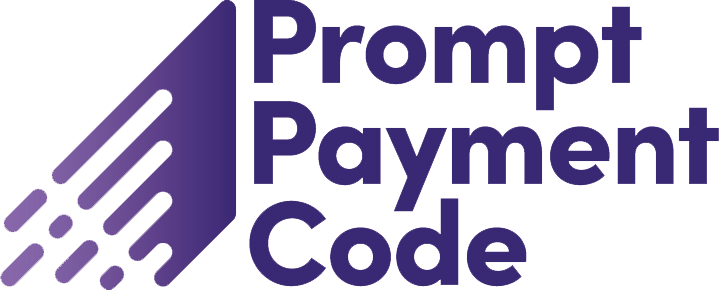learning from the mistakes of the past
As a result of the Covid-19 pandemic, thousands of Canadian projects have fallen behind or been cancelled1. In building back from the pandemic, Canada has committed to investing in people, businesses and organisations.
Infrastructure has been a priority in Canada since well before the pandemic hit. The current largest 100 public sector infrastructure projects in Canada have a value of $273 billion2. These projects include: the Toronto Eglinton Crosstown LRT – a $12billion light rail transit line planned to complete later this year, the Site C Clean Energy Project – B.C.’s $10billion hydroelectric power generating project due for delivery in 2025, and the Gordie Howe Bridge which will be among the top 5 longest bridges in North America when the $5.7billion project completes in 20243.
Although the new Environmental, Social and Governance (ESG) criteria are currently a European Union directive, such standards have increasing focus globally. Along with other countries, Canada have committed to reaching net zero emissions by 2050, adding an additional consideration to project planning stages. This has impacted projects such as Newfoundland & Labrador’s Bay du Nor oil project which has fallen behind after coming up against resistance due to the environmental risks associated with the project4.
Aerospace and Defence have also suffered. The Aerospace Regional Recovery Initiative is investing $250 million over 3 years to support the Canadian aerospace sector to emerge from the pandemic and continue to compete on a global stage5. As well as receiving financial support, aerospace businesses and the companies that supply them are also eligible to apply for government support to help them adopt sustainable practices, improve productivity and reinforce commercialisation, and strengthen integration into regional and global supply chains.
Canada’s history of project failures include the Montreal Olympics which left the city in $1.6billion of debt6 and the Hamilton Pan Am Games that were running 10 months late with 3 months to go7. In Defence, delay to procurement decisions has resulted in the need to spend more than $1billion to keep CF-18 fighters from the 1980s flying to 20328, while the delay of the new Airbus Kingfisher search-and-rescue aircraft has left the military without enough planes to properly respond to emergencies on Canada’s West Coast9. Future project teams need to learn from the mistakes of the past and mitigate risk when planning project outcomes so they can deliver projects on time and on budget.
The Predict! risk software suite by Risk Decisions is supporting Canadian project teams such as QinetiQ and General Dynamics to proactively manage opportunities, threats, and issues that can occur throughout their projects and programmes. With Risk Decisions’ support, the organisations we are working with are leading the way to efficient and timely project outcomes in Canadian Infrastructure, Defence, and beyond.
Find out more about how Risk Decisions are supporting Canadian projects in our recent article with Canadian Defence Review here.
References:
1 Daily Project Delay Updates – Construct Connect
2 Infrastructure projects top $273B on 2022 Top100 Projects report – Renew Canada
3 Top 10 Major Infrastructure Projects in Canada – Procore
4 Critical Bay du Nord decision delayed as green groups call for US$9.4 billion Canadian project to be canned – Upstream Online
5 Aerospace Regional Recovery Initiative – Government of Canada
6 The 40-year hangover: how the 1976 Olympics nearly broke Montreal – The Guardian
7 10 months overdue, Hamilton’s Pan Am Games stadium still isn’t ready – CBC News
8 More than 100 military procurement projects facing delays – The Globe and Mail
9 Canada’s military won’t have new search-and-rescue planes for another 3 years – Globalnews.ca










